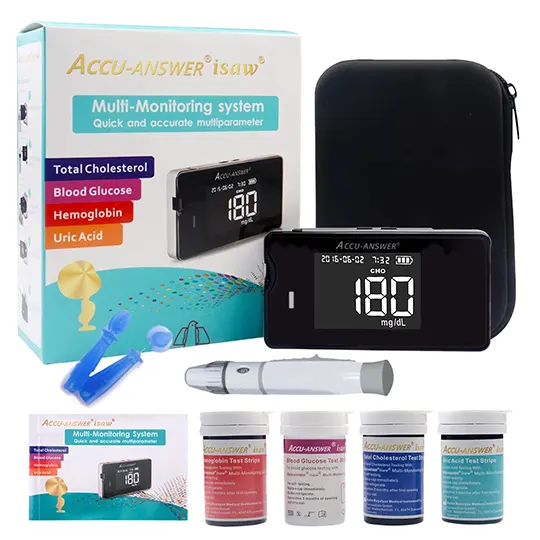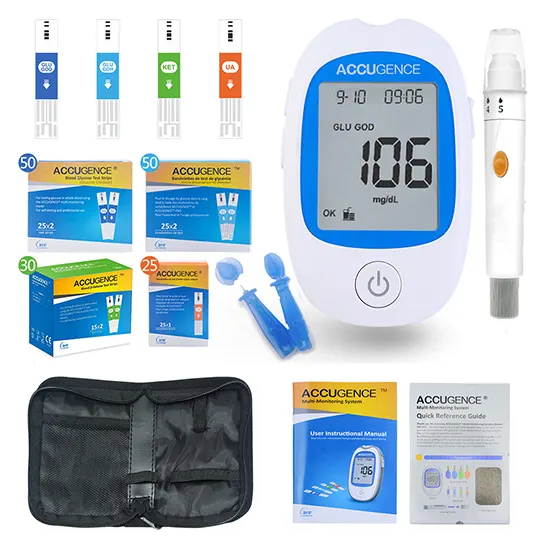articaine/epinephrine (Septocaine, Zorcaine with Epinephrine, Orabloc)
Classes: Local Anesthetics, Amides; Local Anesthetics, Parenteral; Local Anesthetics, Dental
Dosing and uses of Septocaine, Zorcaine with Epinephrine (articaine/epinephrine)
Adult dosage forms and strengths
articaine/epinephrine
injectable solution
- 4%(40mg/mL)/1:100,000(0.01mg/mL)
- 4%(40 mg/mL)/1:200,000(0.005mg/mL)
Local, Infiltrative, or Conductive Anesthesia in Dental Procedures
Infiltration: 0.5-2.5 mL injection of 4% solution; 20-100 mg total dose
Nerve block: 0.5-3.4 mL injection of 4% solution; 20-136 mg total dose
Oral surgery: 1-5.1 mL injection of 4% solution; 40-204 mg total dose
No more than 7 mg/kg (0.175 mL/kg)
Other Information
Storage: room temperature, protect from light, do not freeze
Pediatric dosage forms and strengths
articaine/epinephrine
injectable solution
- 4%(40mg/mL)/1:100,000(0.01mg/mL)
- 4%(40 mg/mL)/1:200,000(0.005mg/mL)
Local, Infiltrative, or Conductive Anesthesia in Dental Procedures
<4 years old: Safey and efficacy not established
4-16 years old: Use lower end of dose range
No more than 7 mg/kg (0.175 mL/kg)
Other Information
Storage: room temperature, protect from light, do not freeze
Septocaine, Zorcaine with Epinephrine (articaine/epinephrine) adverse (side) effects
1-10%
Facial edema
Headache
Pain
Paresthesia
Sleepiness
Gingivitis
Nausea
Vomiting
Infection
Frequency not defined
Systemic absorption of significant concentrations of local anesthetic can produce myocardial depression, cardiac conduction changes, CNS excitation, convulsions, and cardiorespiratory arrest
Warnings
Contraindications
Hyperensitivity to amide-type local anesthetics, sulfites
Avoid IV use
Cautions
Vasoconstrictor epinephrine, will promote local hemostasis, decr systemic absorption, incr duration of action
Risk of methemoglobinemia
Pregnancy and lactation
Pregnancy category: C
Lactation: excretion in milk unknown; use with caution
Pregnancy categories
A: Generally acceptable. Controlled studies in pregnant women show no evidence of fetal risk.
B: May be acceptable. Either animal studies show no risk but human studies not available or animal studies showed minor risks and human studies done and showed no risk.
C: Use with caution if benefits outweigh risks. Animal studies show risk and human studies not available or neither animal nor human studies done.
D: Use in LIFE-THREATENING emergencies when no safer drug available. Positive evidence of human fetal risk.
X: Do not use in pregnancy. Risks involved outweigh potential benefits. Safer alternatives exist.
NA: Information not available.
Pharmacology of Septocaine, Zorcaine with Epinephrine (articaine/epinephrine)
Half-Life: 44 min
Peak Plasma Time: 25-48 min
Protein Bound: 60-80%
Metabolism: primarily through plasma carboxyesterase to inactive articainic acid
Excretion: urine (2% unchanged)
Mechanism of action
Local anesthetics prevent generation/conduction of nerve impulses by reducing sodium permeability and increasing action potential threshold



